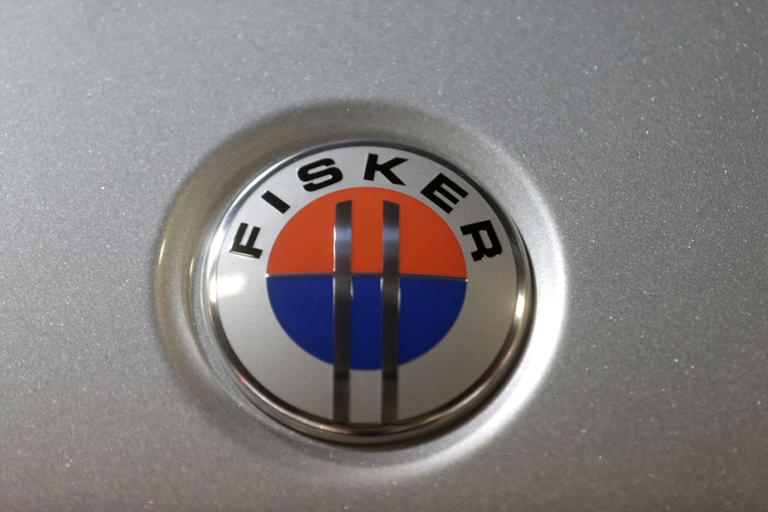Fisker, an electric-vehicle startup, issued a going concern warning, signaling concerns about its ability to remain in business. The company announced a 15% reduction in its workforce following challenges encountered during its first year of production.
The decision to transition from a direct-to-consumer sales model to a traditional dealership network negatively impacted Fisker’s sales, contributing to a worse-than-expected loss for the year. Additionally, the company fell short of its full-year production target of at least 13,000 units, producing just over 10,000 vehicles and delivering only 4,900 to customers in 2023.
In response to these challenges, Fisker’s stock plummeted by 34% in after-hours trading, dropping to under 50 cents per share. The company emphasized the importance of the transition to a dealer model in its business plan but acknowledged the possibility of needing additional funding from investors to sustain operations.
Facing a cooling demand for electric vehicles and heightened competition from established car manufacturers, particularly in pricing, Fisker, along with other EV startups like Rivian Automotive and Lucid Group, is navigating a challenging period. Some, such as Lordstown Motors, have already filed for bankruptcy.
Despite these difficulties, Fisker remains determined to adapt to market conditions, aiming to produce 20,000 to 22,000 vehicles this year in response to softer demand from American car buyers. CEO Henrik Fisker acknowledged the turbulent period facing the EV industry but expressed the company’s commitment to navigating through it.
Fisker, which went public in 2020 through a merger with a special-purpose acquisition company (SPAC), initially aimed to operate with an “asset-light” business model, outsourcing manufacturing to contract manufacturers. Its flagship vehicle, the Fisker Ocean SUV, is produced by Magna Steyr at a facility in Austria. This approach was intended to facilitate faster profitability compared to competitors.
However, challenges emerged as Fisker cut prices for the Ocean SUV in response to competitive pressures, with the cheapest version now priced just under $39,000. The company plans to introduce additional models, including a $30,000 crossover called PEAR and a pickup truck named Alaska, necessitating new manufacturing partnerships.
CEO Henrik Fisker, with prior experience leading Fisker Automotive, aims to avoid bankruptcy by utilizing contract manufacturers. Nonetheless, the asset-light model presented logistical complexities, such as shipping vehicles from Austria to the U.S., and challenges in establishing a distribution and service network efficiently.
By the end of 2023, Fisker held approximately 5,000 unsold vehicles and spare parts valued at around half a billion dollars. Despite ending the year with reduced cash reserves of $325 million, the company is pivoting to a dealer model and has commenced shipping vehicles to dealerships. It aims to establish 100 stores selling Fisker vehicles by the year’s end.
Fisker is also exploring partnerships with a “large” car company, potentially involving investment, joint vehicle development, and access to manufacturing facilities. Previous plans to collaborate with Foxconn Technology Group for U.S. production have been revised, with Fisker now focusing on negotiations with a single automaker.
The company encountered delays in regulatory approvals and parts supplies but began shipping vehicles to customers in mid-2023. However, this coincided with a broader slowdown in EV sales growth, prompting industrywide adjustments, including price cuts and discounts, by other EV startups.
